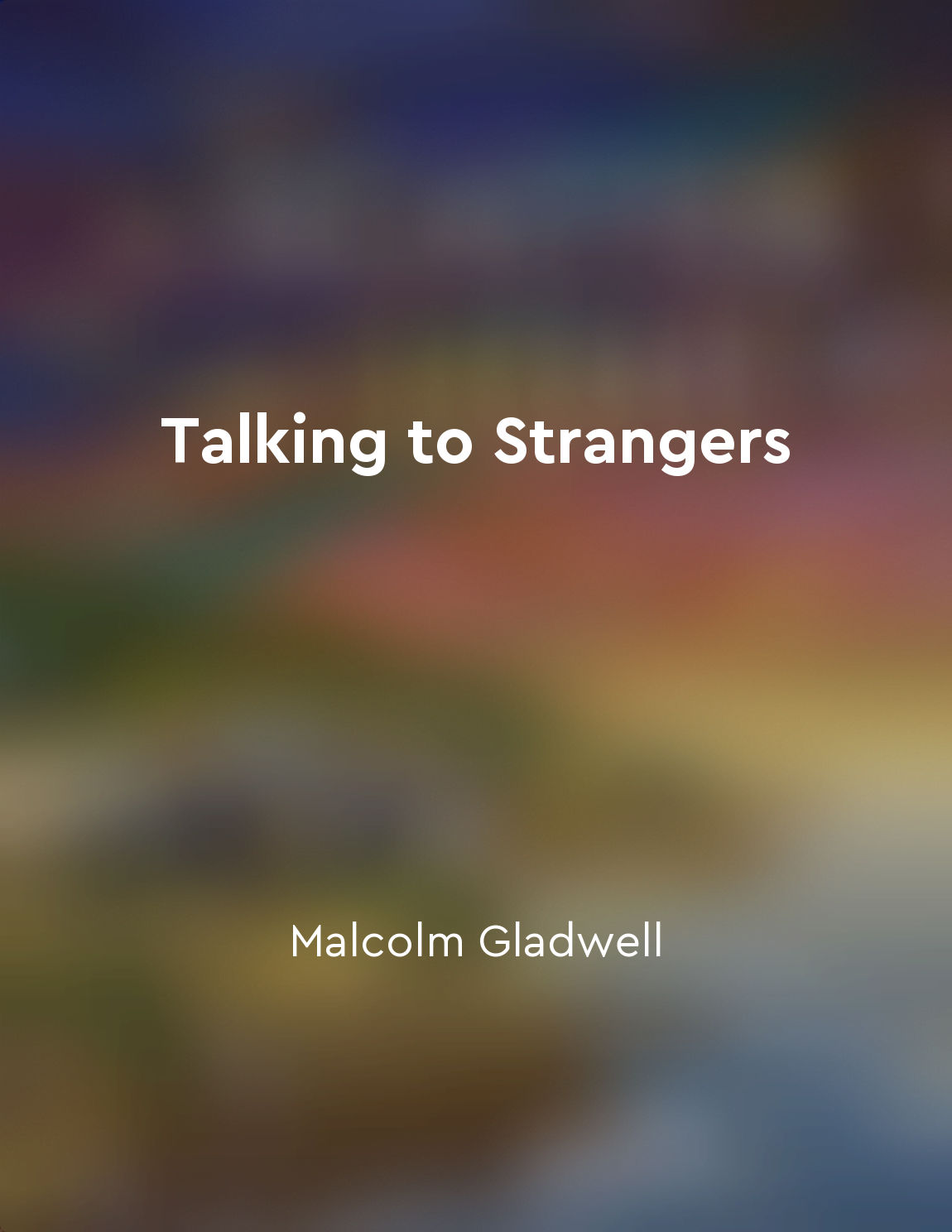Humans uniquely attend to others' intentions from "summary" of A Natural History of Human Thinking by Michael Tomasello
Humans have a remarkable ability to attend to the intentions of others. This unique aspect of human cognition allows us to understand and predict the behavior of those around us in ways that other animals cannot. When interacting with others, we are constantly assessing their intentions, desires, and beliefs, enabling us to make sense of their actions and respond appropriately. This focus on intentionality is rooted in our evolutionary history as social beings. Throughout our development as a species, our survival and success have been dependent on our ability to cooperate and communicate with others. By attending to the intentions of those around us, we are better able to coordinate our actions, share knowledge, and build relationships that are essential for our social and cultural lives. This emphasis on understanding others' intentions is evident from a young age. Even infants as young as 6 months old show a preference for individuals who demonstrate helpful intentions towards others. As we grow and learn, our understanding of intentionality becomes more sophisticated, allowing us to navigate complex social interactions and relationships with ease. This focus on intentionality sets humans apart from other animals, who may lack the same level of attention to the mental states of others. While other species may engage in forms of cooperation and communication, the depth and complexity of human social cognition are unparalleled. Our ability to attend to others' intentions is a key factor in our capacity for empathy, cooperation, and cultural learning.- The human capacity to attend to others' intentions is a fundamental aspect of our cognitive abilities. This focus on intentionality allows us to navigate the social world with precision and insight, enabling us to build connections, solve problems, and create the rich tapestry of human culture and society.
Similar Posts
Communication is a twoway street
Communication is not just about speaking and being heard; it is about listening and understanding. It is a dynamic process that...
Genetics can play a role in predisposing individuals to certain behaviors
In the realm of behavior, genetics can hold significant sway. Certain behaviors can have a genetic component, meaning that an i...
The struggle for existence shapes human behavior
The struggle for existence has been a fundamental force in shaping human behavior throughout the ages. This concept, deeply roo...
Conflict can arise when instincts clash with societal norms
In our daily lives, we often find ourselves faced with situations where our instincts clash with societal norms. These conflict...
Humans use shared intentionality for social understanding
Shared intentionality is a concept that is central to understanding human social cognition. It refers to the ability of individ...

Mirroring establishes rapport and trust
Mirroring involves subtly mimicking the body language, gestures, and speech patterns of another person. This technique fosters ...

Learn to question assumptions when dealing with strangers
When we interact with strangers, we often make assumptions based on limited information. These assumptions can be influenced by...
Human behavior is a complex interplay of instincts and rational thought
In the realm of human behavior, we are often faced with a seemingly endless array of actions, reactions, and decisions that sha...
Understand human behavior patterns
To truly decipher and influence people, one must grasp the intricate patterns that govern human behavior. Understanding these p...
Overcoming limiting patterns of behavior
One of the key aspects of personal transformation is the process of identifying and overcoming limiting patterns of behavior. T...

